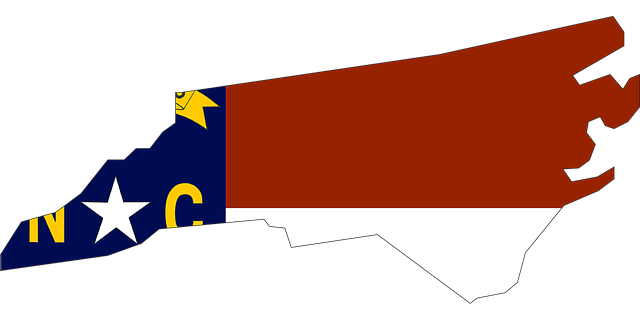Robocalls, despite being illegal without consent in North Carolina under the Telephone Consumer Protection Act (TCPA), remain a pervasive problem causing financial and emotional distress to residents and businesses. Individuals and companies affected by unwanted automated calls can seek legal recourse through spam call law firms or lawyers specializing in TCPA cases in NC. These experts guide clients on their rights, potential lawsuits, and compensation for damages caused by robocalls. Key keywords: Can I Sue For Robocalls North Carolina, Spam Call Law Firm North Carolina, Lawyer for TCPA NC.
In the digital age, robocalls have become a ubiquitous yet frustrating aspect of daily life. This article explores the profound effects of automated phone calls on local economies in North Carolina, from their impact on small businesses to the legal landscape surrounding them. We delve into the question: can you sue for robocalls in North Carolina? Understanding these calls’ implications involves navigating spam call laws and finding the right lawyer in NC who specializes in TCPA cases, offering a path to justice and protection for residents.
Understanding Robocalls and Their Impact on North Carolina Businesses
Robocalls have become a ubiquitous part of modern communication, but their impact on local economies, particularly in North Carolina, is a growing concern. These automated phone calls, often used for marketing or telemarketing purposes, can be intrusive and disruptive to businesses and residents alike. In North Carolina, as in many other states, there are strict laws in place to regulate spam calls, such as the Telephone Consumer Protection Act (TCPA). If you’ve received unwanted robocalls, you may have rights under these laws, allowing you to take legal action against the culprits. A spam call law firm or lawyer specializing in TCPA cases in North Carolina can help you understand your options and potentially sue for damages if your rights have been violated.
The effects of robocalls on North Carolina businesses can be significant. Unwanted calls can lead to decreased customer satisfaction, lost sales, and even damage to a company’s reputation. For small businesses, which often rely heavily on word-of-mouth marketing, consistent robocalls can disrupt their growth and stability. Moreover, with the increasing sophistication of call tracking and analytics tools, businesses are better equipped to quantify and challenge the costs associated with these nuisance calls. If you believe your business has been harmed by robocalls, consulting with a legal expert familiar with North Carolina’s spam call laws is a crucial step in exploring potential remedies.
Legal Aspects: Can You Sue for Robocalls in North Carolina?
In North Carolina, as in many other states, robocalls are regulated by the Telephone Consumer Protection Act (TCPA). If you’ve received unsolicited or unwanted automated calls, you may have legal recourse. A spam call law firm or lawyer specializing in TCPA cases can help determine if the caller violated your rights under this federal law.
If a caller uses an automatic dialing system or prerecorded messages to make robocalls without your prior consent, you could be entitled to damages. The TCPA allows for individuals to sue for statutory damages per violation, which can add up, especially if the calls are frequent. A spam call lawyer in North Carolina can assist with navigating these legal complexities and pursuing compensation for any nuisance or harm caused by persistent robocalls.
Navigating Spam Call Laws: Finding the Right Lawyer in NC
Navigating the complex landscape of spam call laws can be daunting for those affected by unwanted robocalls in North Carolina. With strict regulations in place to protect consumers, understanding your legal rights is crucial. If you’re considering taking legal action against robocallers, finding a qualified and experienced lawyer specializing in spam call law is essential.
In North Carolina, the Telephone Consumer Protection Act (TCPA) provides robust protections for residents from unsolicited calls. A reputable spam call law firm or lawyer familiar with TCPA regulations can help you determine if you have a valid case and guide you through the process of seeking compensation for any distress or financial loss caused by these nuisance calls. Don’t hesitate to consult an expert; many firms offer free consultations, ensuring access to legal advice without upfront costs.






